 According to a new report, the convergence of the Internet of Things and Artificial Intelligence are helping hospitality recover from the aftermath of Covid.
According to a new report, the convergence of the Internet of Things and Artificial Intelligence are helping hospitality recover from the aftermath of Covid.
New Epsilo research found 80 per cent of customers were more likely to purchase if the brand provided a more personalised experience. IoT and AI technologies have paved the way for such experiences. Smart room systems can now adjust lighting, temperature and even music preferences based on individual guest profiles and past behaviour.
The report said voice-controlled assistants powered by AI, like those found in smart speakers, allow guests to control various aspects of their room with simple voice commands, creating a seamless and convenient environment.
AI-driven chatbots are changing the way guests interact with hotels. These chatbots are available 24/7 to answer queries, provide recommendations and even facilitate check-in and check-out processes creating a personalised guest experience, the report said.
IoT-enabled devices are transforming security measures within the hospitality industry. With increased security and streamlined processes, businesses can reduce operating costs while increasing client satisfaction, the report added.
Smart locks, for instance, allow guests to access their rooms using smartphones, eliminating the need for traditional keys and cards. These locks enhance convenience and provide hotel managers with real-time insights into room access and security status.
AI-powered video surveillance systems with facial recognition capabilities are another game-changer for hotel security. These systems can identify suspicious activities and alert security personnel in real-time, bolstering overall safety for guests and staff.
 A new study from Juniper Research has found losses from global roaming fraud are anticipated to exceed $8 billion by 2028; driven by the increase in bilateral roaming agreements for data-intensive use cases over 5G networks.
A new study from Juniper Research has found losses from global roaming fraud are anticipated to exceed $8 billion by 2028; driven by the increase in bilateral roaming agreements for data-intensive use cases over 5G networks.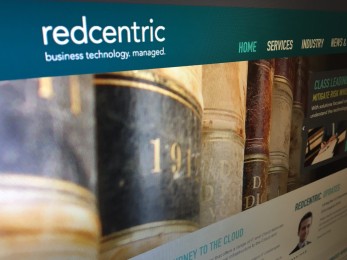 MSP Redcentric reported a swing to fiscal 2023 pretax loss as operating expenses more than doubled and declared a flat dividend payout.
MSP Redcentric reported a swing to fiscal 2023 pretax loss as operating expenses more than doubled and declared a flat dividend payout. The Competition and Markets Authority has found that the proposed Adobe-Figma merger could potentially negatively affect the UK digital economy.
The Competition and Markets Authority has found that the proposed Adobe-Figma merger could potentially negatively affect the UK digital economy. London’s Metropolitan Police said it was taking extra security measures after “unauthorised access to the IT system of one of its suppliers”, following data breaches at other forces.
London’s Metropolitan Police said it was taking extra security measures after “unauthorised access to the IT system of one of its suppliers”, following data breaches at other forces.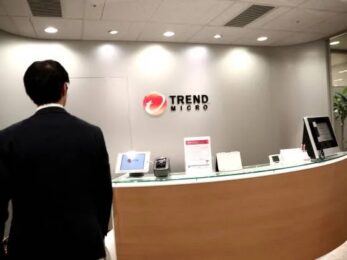 Trend Micro is extending its partner programme to help them build and grow MDR and SOC-as-as-service offerings.
Trend Micro is extending its partner programme to help them build and grow MDR and SOC-as-as-service offerings. Licensing MSP, Crayon, has reported gross profit growth of 23 per cent in its second-quarter results.
Licensing MSP, Crayon, has reported gross profit growth of 23 per cent in its second-quarter results. Generative artificial intelligence (genAI) will combat some of the auto industry’s critical challenges and make operations more efficient, sales more effective, products safer, and customers more satisfied, according to a GlobalData report.
Generative artificial intelligence (genAI) will combat some of the auto industry’s critical challenges and make operations more efficient, sales more effective, products safer, and customers more satisfied, according to a GlobalData report.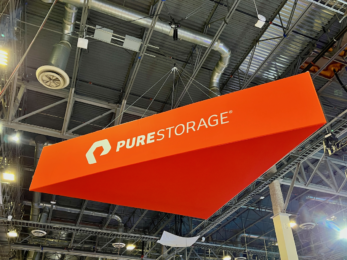 Pure Storage has announced an expanded, multi-year product and go-to-market partnership with Microsoft to deliver Pure’s storage capabilities to native Microsoft Azure services.
Pure Storage has announced an expanded, multi-year product and go-to-market partnership with Microsoft to deliver Pure’s storage capabilities to native Microsoft Azure services.
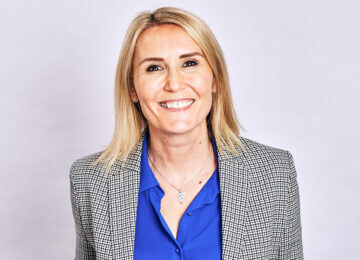 Zyxel has launched a bundled offering designed to help partners get their managed services business moving with smaller business customers.
Zyxel has launched a bundled offering designed to help partners get their managed services business moving with smaller business customers. On Friday, Big tech vendors will face the toughest regulation of online content since the arrival of GDPR.
On Friday, Big tech vendors will face the toughest regulation of online content since the arrival of GDPR. Insight has written a cheque for the UK-based Amdaris to give it a business that operates through of delivery centres in Eastern Europe and has a track record in software development, application support, and managed and consultancy services.
Insight has written a cheque for the UK-based Amdaris to give it a business that operates through of delivery centres in Eastern Europe and has a track record in software development, application support, and managed and consultancy services. According to a new report, the convergence of the Internet of Things and Artificial Intelligence are helping hospitality recover from the aftermath of Covid.
According to a new report, the convergence of the Internet of Things and Artificial Intelligence are helping hospitality recover from the aftermath of Covid.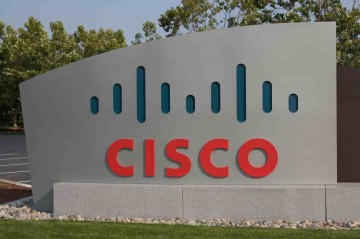 Cisco anticipates achieving revenue between $14.5 billion and $14.7 billion for the first quarter of fiscal 2024.
Cisco anticipates achieving revenue between $14.5 billion and $14.7 billion for the first quarter of fiscal 2024.




